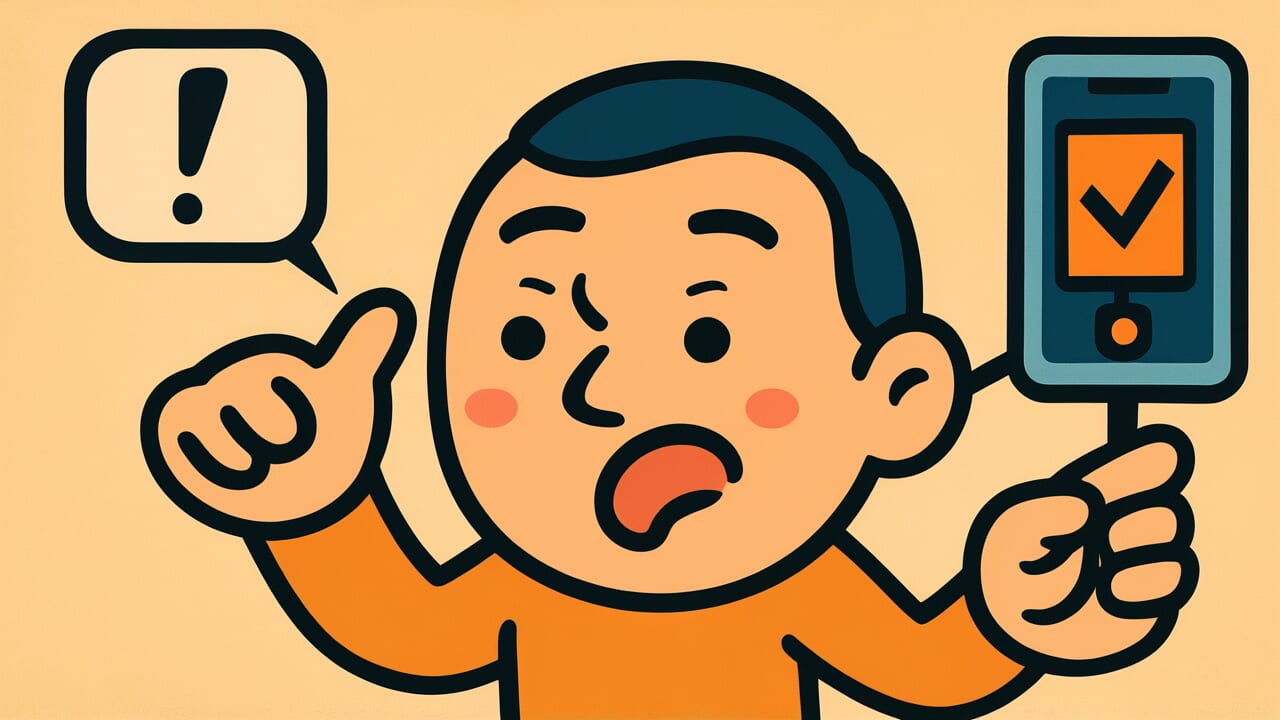How to Read “Hates to stick out even one’s tongue when giving something out”
Dasu koto wa shita wo dasu no mo kirai
Meaning of “Hates to stick out even one’s tongue when giving something out”
This proverb describes someone who is extremely stingy about everything. It refers to a person who not only hates spending money or giving away possessions, but is so cheap that they won’t even stick out their tongue—a simple action that costs nothing.
People use this saying to criticize or mock someone who is excessively stingy. It goes beyond being careful with money. It describes someone who is abnormally reluctant to “give out” anything at all.
The expression works through exaggeration. By mentioning something as harmless as sticking out your tongue, it emphasizes just how stingy the person is. This creates a strong impression on the listener.
Even today, this proverb effectively captures extreme stinginess in a satirical or humorous way. The exaggerated image makes the criticism memorable and impactful.
Origin and Etymology
The exact origin of this proverb in historical texts is unclear. However, the structure of the phrase reveals an interesting shift in thinking.
Let’s focus on the act of sticking out your tongue. This is one of the easiest things a person can do. It costs no money, requires no effort, and involves simply opening your mouth and moving your tongue forward slightly. You can’t think of an easier way to “give something out.”
Yet this proverb describes someone who refuses even this simplest act. This uses extreme exaggeration as a satirical technique. By saying someone won’t even stick out their tongue—something that causes no loss whatsoever—it highlights their stinginess dramatically.
During the Edo period, common people created many expressions that sharply observed human nature with humor. This proverb likely emerged from that tradition of keen observation.
The phrase plays with the verb “to give out” by extending it from money and possessions to body parts. This wordplay, unique to Japanese, makes the stingy character seem almost comically extreme.
Usage Examples
- He hates to stick out even his tongue when giving something out—he’s so cheap that he calculates the bill down to the last yen when splitting the check at restaurants
- That company president hates to stick out even his tongue when giving something out, so don’t expect any investment in employees
Universal Wisdom
“Hates to stick out even one’s tongue when giving something out” reflects human possessiveness and loss aversion taken to an extreme.
Everyone has an instinct to avoid losing what they have. This is a necessary survival mechanism. However, when this instinct becomes excessive, people can’t give or share anymore. This damages relationships and social life.
What’s interesting is that this proverb goes beyond financial stinginess. It describes resistance to the very act of “giving out.” Refusing even to stick out your tongue suggests something deeper than practical concerns about loss.
It points to psychological closedness. The fear isn’t just about material loss, but about releasing anything from inside yourself to the outside world.
This proverb has endured because the balance between giving and receiving has always been crucial in human society. Extreme stinginess ultimately isolates you and distances you from rich human connections.
Through this comically exaggerated expression, our ancestors may have been warning us about the danger of a closed heart.
When AI Hears This
The human brain evaluates the act of “giving out” as much larger than the actual loss. Behavioral economics research shows that losing 100 yen feels about 2.5 times more painful than gaining 100 yen feels good.
When we spend money, our brains process pain equivalent to 2.5 times the actual amount.
What makes this proverb fascinating is how it depicts this loss aversion bias pushed to its extreme. Disliking spending money or possessions makes sense. But sticking out your tongue causes no loss at all.
The energy consumed is nearly zero, and everything returns to normal in seconds. Yet simply because the verb “give out” is involved, the person shows a rejection response. This represents the brain’s loss avoidance system running wild beyond its original purpose.
Even more interesting is that this bias once helped survival. In hunter-gatherer times, losing food or resources could mean death. So the “giving out equals loss” circuit became strongly reinforced.
But in modern times, this excessive warning system interferes with rational judgment. Refusing even to stick out your tongue is evidence of ancient survival instincts malfunctioning in contemporary society.
Lessons for Today
This proverb teaches modern people about the essential value of “giving out.” Every day, we face choices about whether to give out money, time, effort, and emotions.
Certainly, we should avoid waste, and protecting ourselves matters. But when holding back becomes a habit, we close off life’s possibilities. Investing in new experiences, expressing care for others, and sharing your ideas with the world—these are all acts of giving out.
In modern society, people who freely share information and ideas ultimately gain more. Open source culture and the spirit of give-and-take are valued because giving out creates new value.
When you feel tempted to hold something back, pause and consider. Is it truly something worth protecting, or is it excessive defensiveness driven by fear?
Start with something as simple as sticking out your tongue, and gradually open your heart. Such small steps can open the door to rich relationships and a fulfilling life.



Comments